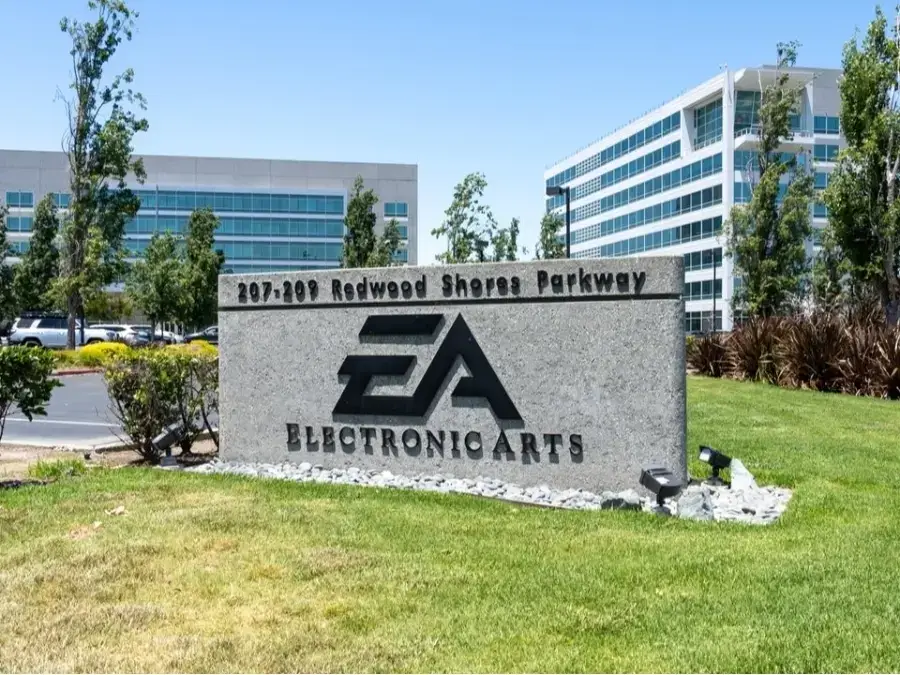Electronic Arts (EA), the video game giant behind franchises like "Madden NFL," "Battlefield," and "The Sims," is set to be acquired in a landmark $55 billion deal. This acquisition, orchestrated by a consortium including private equity firm Silver Lake Partners, Saudi Arabia's Public Investment Fund (PIF), and Affinity Partners, led by Jared Kushner, is poised to be the largest leveraged buyout in history, eclipsing the $32 billion buyout of Texas utility TXU in 2007.
Deal Structure and Implications
Under the agreement, EA's stockholders will receive $210 per share in cash, a 25% premium over the stock's closing price of $168.32 on the Thursday before the announcement. Once the deal is finalized, Electronic Arts will transition from a publicly traded company to a private entity after 36 years on the stock market. The transaction is expected to close in the first quarter of fiscal year 2027, which translates to the spring or summer of 2026. EA's CEO since 2013, Andrew Wilson, will remain at the helm after the acquisition. The company will continue to be based in Redwood City, California.
The $55 billion deal will be financed through a combination of equity and debt. Approximately $36 billion will come from equity provided by the consortium members, including PIF rolling over its existing 9.9% stake in EA. JPMorgan Chase is expected to provide a $20 billion loan, marking a record debt commitment from a single bank for such a transaction.
Strategic Rationale
According to EA, the acquisition will "accelerate innovation and growth to build the future of entertainment". Wilson echoed this sentiment, stating that the new partners bring "deep experience across sports, gaming, and entertainment" and are "committed with conviction to EA". The consortium's expertise and capital are expected to help EA "blend physical and digital experiences, enhance fan engagement, and create new growth opportunities".
PIF's involvement underscores Saudi Arabia's growing investment in the gaming industry. The sovereign wealth fund has been actively acquiring stakes in various gaming companies, aligning with the country's plan to invest $38 billion in the sector by 2030. Turqi Alnowaiser, PIF's deputy governor, stated that the partnership will "help further drive EA's long-term growth while fueling innovation within the industry on a global scale".
Industry Context and Potential Concerns
The Electronic Arts acquisition arrives amidst broader consolidation and change within the video game industry. The industry is facing increased competition and is struggling to maintain the high growth rates experienced during the COVID-19 pandemic. EA's annual revenues have remained relatively stagnant in recent fiscal years. The company also implemented layoffs, cutting several hundred positions earlier in 2025.
The deal has sparked uncertainty for workers in the Canadian gaming industry, particularly those employed at EA Vancouver. Bradly Shankar, gaming editor at MobileSyrup, noted that while the gaming space has seen major acquisitions before, none compare to this one.
Some analysts have expressed concerns regarding the durability of EA's intellectual property licenses, noting that wholly-owned IP represents only approximately one-third of EA's bookings. BMO Capital also pointed out that the deal's two-tier break fee structure could potentially incentivize a strategic partner to make a competing offer.
Analyst Perspectives
Following the announcement, several analysts adjusted their ratings and price targets for Electronic Arts. BMO Capital raised its price target to $210 while maintaining a "Market Perform" rating. Wedbush downgraded EA from "Outperform" to "Neutral," lowering its price target to $200. HSBC also downgraded the stock to "Hold".
Historical Significance
The Electronic Arts buyout is not only a landmark deal for the gaming industry but also a significant event in the history of private equity. It surpasses the 2007 buyout of TXU Energy as the largest leveraged buyout to date. While it represents a massive financial transaction, some earlier deals, like the 1989 RJR Nabisco buyout, remain influential case studies in the world of leveraged buyouts.















